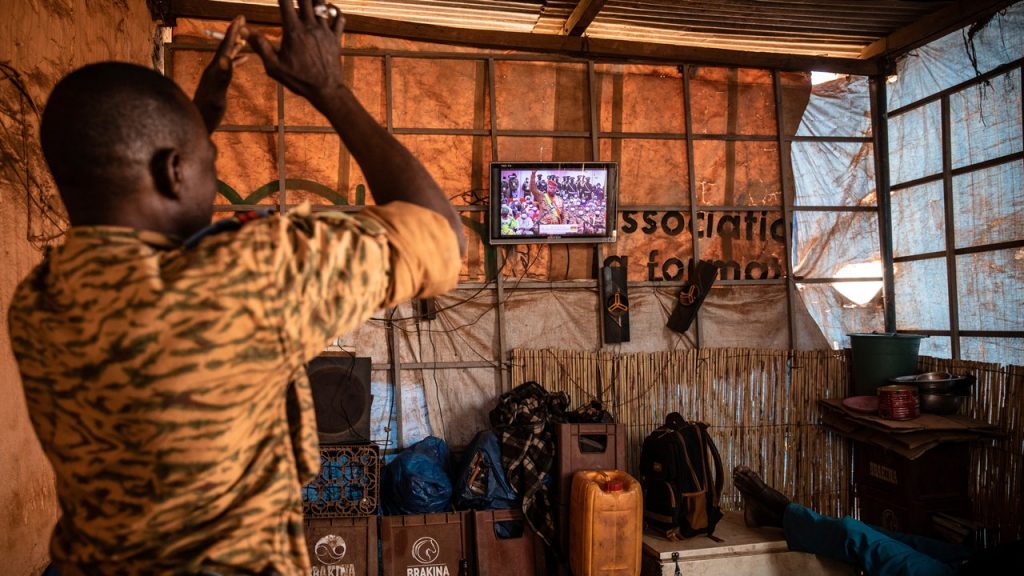Burkina Faso recently suspended the BBC and Voice of America radio stations for their coverage of a report by Human Rights Watch concerning a mass killing of civilians by the country’s armed forces. This suspension, which will last for two weeks, was announced by Burkina Faso’s communication spokesperson, Tonssira Myrian Corine Sanou, who also warned other media networks against reporting on the story. The Human Rights Watch report revealed that the army had killed 223 civilians, including 56 children, in villages accused of collaborating with militants. The international media, including the Associated Press, widely covered this report.
Burkina Faso, a country that was once known for its peace, is now facing violence between jihadis linked to al-Qaida and the Islamic State group and state-backed forces. This conflict has resulted in the displacement of over 2 million people, more than half of whom are children. Most attacks on civilians in the country go unnoticed and unpunished in a nation ruled by a repressive government that silences dissent. Recent accounts of an army attack on a village in which at least 70 people were killed have been verified by the Associated Press, highlighting the brutal reality of the situation in Burkina Faso.
The Voice of America (VOA) has stated that it stands by its reporting on Burkina Faso and plans to continue covering the country’s activities despite the suspension. The BBC has not yet responded to requests for comment on the matter. The United Nations has called on Burkina Faso to reverse the suspension of the two international broadcasters, emphasizing the importance of media freedom and access to information in a society undergoing transition.
Reports have emerged suggesting that large numbers of civilians, including children, have been killed in several villages in northern Burkina Faso. However, these reports have not been immediately verified by the Associated Press. The escalating violence in the country has led to over 20,000 deaths since jihadi violence first hit Burkina Faso nine years ago. Despite promises from the junta led by Capt. Ibrahim Traoré to combat militants following two coups in 2022, the violence has only worsened, and half of the country’s territory remains outside government control.
Frustrated by the lack of progress despite years of Western military assistance, the junta in Burkina Faso has severed military ties with France and turned to Russia for security support. This changing dynamic in the country’s security relationships reflects the challenges faced in combating the ongoing violence and instability. The situation in Burkina Faso continues to be a concern for the international community, highlighting the need for a peaceful resolution to the conflict and the protection of civilians caught in the crossfire.













